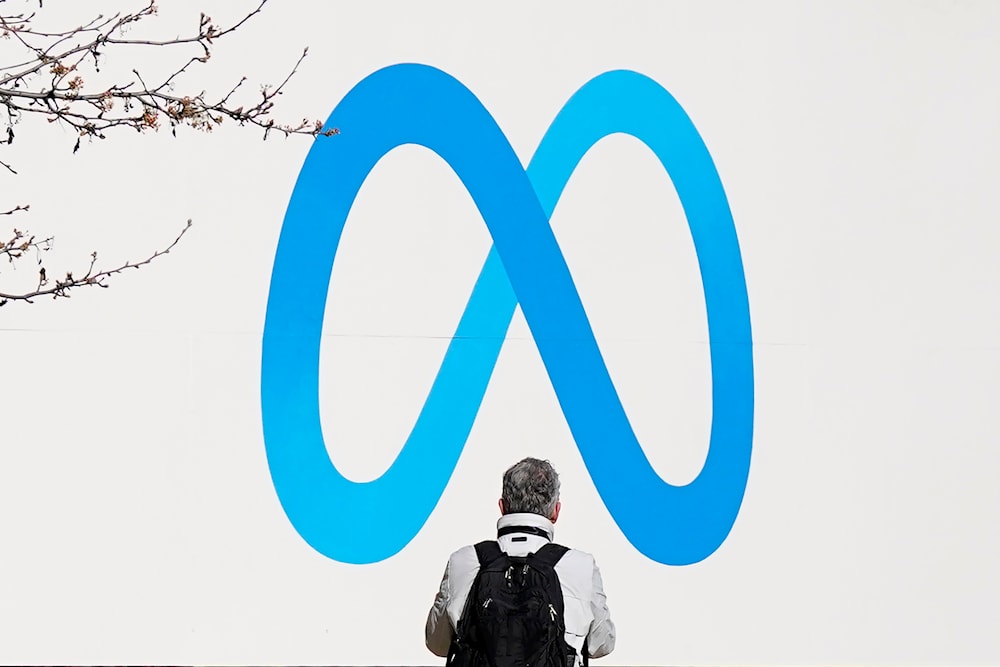Meta defends ending news payments in Australia
[ad_1]
Meta reiterates its stance against the news media bargaining code, asserting that only 3% of content displayed in feeds consists of news.
-
![A person stands in front of a Meta sign outside of the company's headquarters in Menlo Park, Calif., Tuesday, March 7, 2023. (AP)]()
A person stands in front of a Meta sign outside of the company’s headquarters in California, United States, Tuesday, March 7, 2023. (AP)
Meta reaffirms its decision to cease payments to news organizations in Australia, asserting that global tech companies can’t resolve the challenges the news industry is facing.
Nearly two weeks ago, the parent company of Facebook and Instagram declared its decision not to engage in new agreements with Australian media firms for a new payment. This move comes as the three-year contracts, aimed at circumventing regulation under the news media bargaining code, start to lapse.
The Albanese Labor government wasn’t pleased with the announcement, with Assistant Treasurer Stephen Jones and Communications Minister Michelle Rowland asserting in an opinion piece this week that Meta’s decision to walk away from the deals was a “fundamental dereliction of its responsibility to its Australian users.”
Read next: Meta failed to safeguard children despite ability, whistleblower says
The government is currently devising plans to designate Meta under the news media bargaining code, compelling the company to negotiate for payments or face fines, amounting to 10% of its Australian revenue. “The code recognizes that these digital platforms have immense market power, and seeks to correct the imbalance in bargaining power to incentivize fair commercial outcomes for Australian publishers – and in turn, the communities they serve,” the ministers said.
Meta’s move has been characterized as a “war” with the media in The Australian newspaper and the Australian Financial Review. The former went as far as labeling Meta CEO Mark Zuckerberg a “tech tyrant.”
In a Thursday blog post, Meta reiterated its opposition to the code, asserting that “global tech companies cannot resolve the longstanding issues facing the news industry.” It aimed to counter some claims about how news is consumed on the platform.
‘People not interested in news’
Meta stated that individuals’ Facebook feeds are tailored to their interests, meaning those interested in news could see more news content. However, it reiterated that only 3% of the content found in feeds is related to news.
The company emphasized that news is “highly substitutable,” indicating that when there is a decrease or absence of news on Facebook, users are still engaging with the platform. Meta cited the recent news ban on Facebook in Canada as evidence that it did not significantly affect the site’s usage.
“People still come to Facebook even without news on the platform. Just as the number of people around the world using our technologies continues to grow, the number of daily and monthly active users on Facebook in Canada has increased since ending news availability,” the company said.
Meta argued that the decision not to renew the payment deals did not imply that news content would be supplanted by “misinformation or harmful content.” It emphasized that news publishers can still share their content on Facebook and Instagram.
The company declined to respond to whether it would rule out implementing a Canada-style ban on news if the Australian government designates Meta under the news media bargaining code.
Read next: Facebook bans Australian pages for negotiations: WSJ
[ad_2]
Read More:Meta defends ending news payments in Australia


Comments are closed.